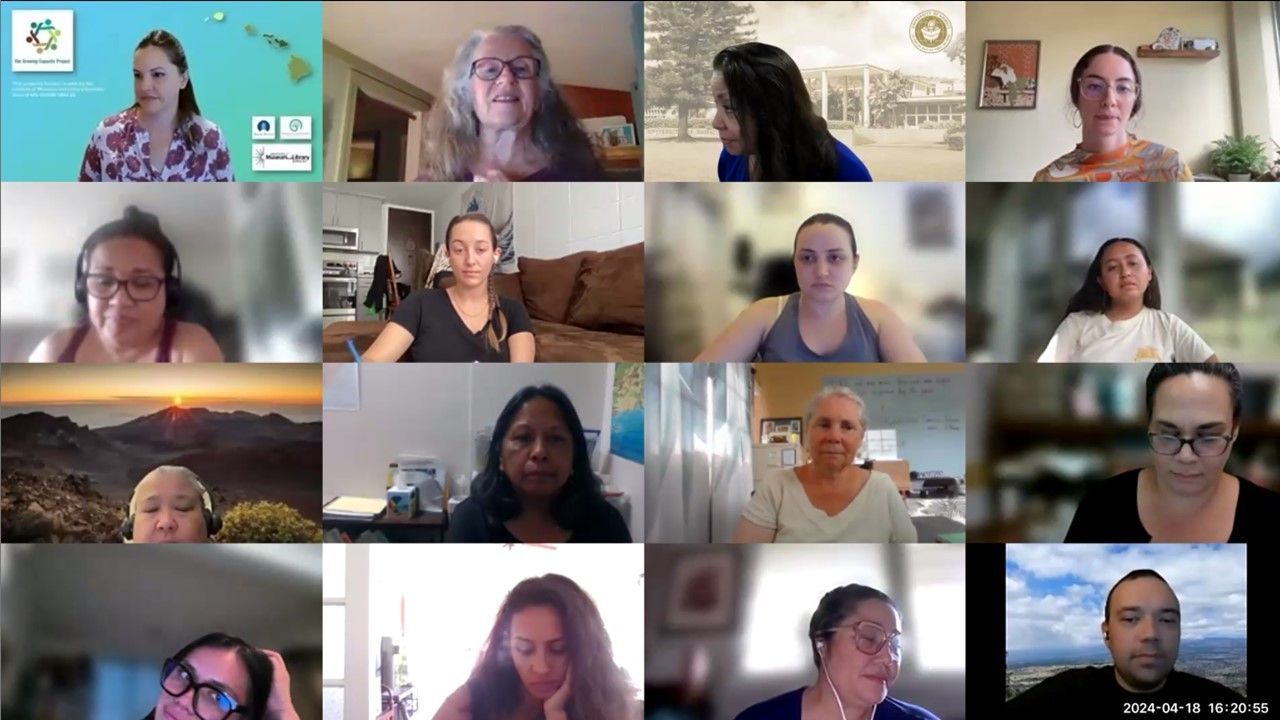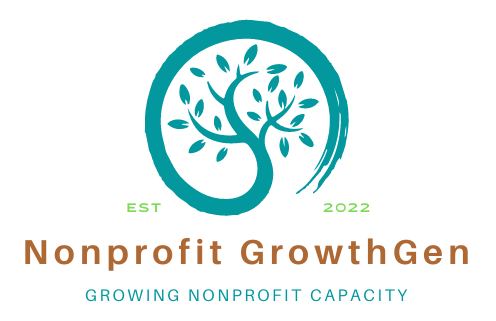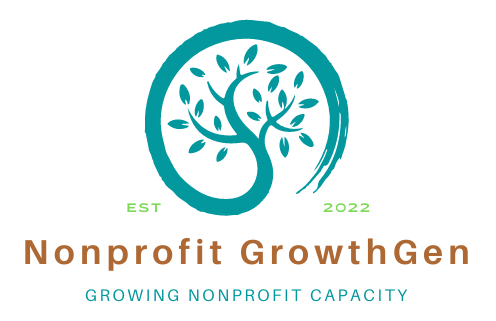Relationships grown when we're proactive, transparent, and genuine.
Whether you're working with volunteers, designing a new initiative, developing a new project, or delivering reports... if we approach the work and our partners with an understanding that we still have lots to learn, we all grow together. This is working with a lens of humility. If your work has you interacting with people from vastly different backgrounds from you, it's also important to be aware that potential blind spots and misalignments of meaning will naturally occur. If you can be curious, open, and responsive to them, this is approaching your work with Cultural Humility.
I've made some of the mistakes below.
As a cisgender, white woman from the Continental US working for an organization serving Native Hawaiian people and histories, I made some mistakes. Most of those mistakes were preceded by an uncomfortable feeling in the pit of my stomach when I thought about my next-step in grant-writing. I would be in such a rush to meet a grant deadline, I would break my own rules about how to build relationships. For example, I circled back to a fairly unfamiliar contact to ask them to support a new initiative we never discussed. One of the most 'ah-ha' light bulb moments of my career was when I asked a team of my colleagues if a Hawaiian Title I crafted was a good name for a project submission. The look on their faces helped me to realize I was using culture as a 'sprinkle on top'* rather than the substance it merited through deeper work. That day changed a lot for me. I'm so thankful the team was understanding, informative, and encouraging to me as I continued to learn how I can do better. I still cringe when I think about those moments, and I know I will probably make more mistake in the future. However, I'm here to continue learning while also sharing my missteps with others.
*I want to honor and thank some of the colleagues who really helped me grow during this time: Lokomaika'i Lipscomb , Kapalikū Maile, Bill Marston, Leah Caldeira, and Kamalu du Preez. In fact, The latter two introduced me to the "sprinkle on top" analogy.
There are so many ways to begin and strengthen relationships. There are also ways to damage them. You know your community better than we do, so only you will be able to answer the following question: Are you knowledgeable enough about an emerging project partner to to speak on behalf of them? If the answer is no, then you should probably invite representatives from this business in your planning discussions OR you should find someone who can serve as a more informed liaison between your organization and this partner. The best collaborations actually start with the partner at the table. The next best invite them to the table early on. These are the partnerships that last, overcome, and achieve great things. Sadly, the one's that begin with one organization asking for approval rather than collaboration tend to be fleeting and superficial at best.
Below, we play out various partnership-building strategies. They are listed in order of weakest to strongest collaboration and inclusive practice strength.
The "I did this thing I think you would have liked, can you say it was awesome?"
Yuck. This does not feel good for anyone. Not only was this partner an afterthought, but the sentiment has us all questioning the motive. Does this organization want to look good, or be good? If the organization genuinely wants to work with this group in the future and support their shared interest, then we propose this alternative approach. "Hey, we did something I think you would have really liked. Would you like to learn more about it? We're wondering that, if we repeat or expand upon this in the future, if you might like to be involved in design/development/delivery of the next phase."
The "Hey can you look this over and sign it" Partnership Ask
Shucks. Maybe you didn't have time to vet your ideas and plans through the ideal partners. Should you even ask them at this point to be involved? The answer is mixed. If you approach this from an "I know best" and "You should agree with my plan" standpoint, we're not impressed. However, if you can use this moment as a transparent realization that things warrant more deliberate communication and inclusion in the future... then there is opportunity. In talking with a prospective partner, collaborator, or stakeholder at this stage, we suggest sharing with them what you are trying to accomplish with this grant. Acknowledge you wish you involved them sooner. Invite them for input now and to several discussions in the near future to continue growing your own understanding and readiness to serve others.
The "We've been working on something for a while now when it dawned on us that you should be here with us!"
Whoops. It's an easy mistake. You're past the design phase of setting goals and outcomes, but you realize someone (a person, stakeholder, or client) is missing from the discussion. It's certainly not too late to see if they are interested in being involved, on what level, and at bare minimum - gather their input about the project design and intended outcomes. You can still refine your approach to be more impactful with their expertise added.
The "I've got this idea I think you might like. Want to work with me to develop it?"
Cool! You have an idea and you want to partner early to see how you all can work together to be the most thoughtful, effective, and strong team as you shape and plan for your goals.
The
"Wow, we really value working with you and what you do for our shared community. What more can we do together?"
Fantastic! You've found a partner who's voice and ideas helps amplify your combined efforts. It's great to maintain that connection while, collectively, asking yourselves if any other perspectives or stakeholders would add value and strengthen your ongoing collaborations.
The
"Our evaluation and/or community feedback says we need to X, would you like to partner or this?"
Wow! Bravo. Not only are you thinking deeply about who you serve, but you're also evaluating what's missing. By acting on this, you are creating a powerful spark that could ignite something really big! Who should be involved in those discussions moving forward? Bring them all to table and think about the problem and what you can do together to overcome it!




